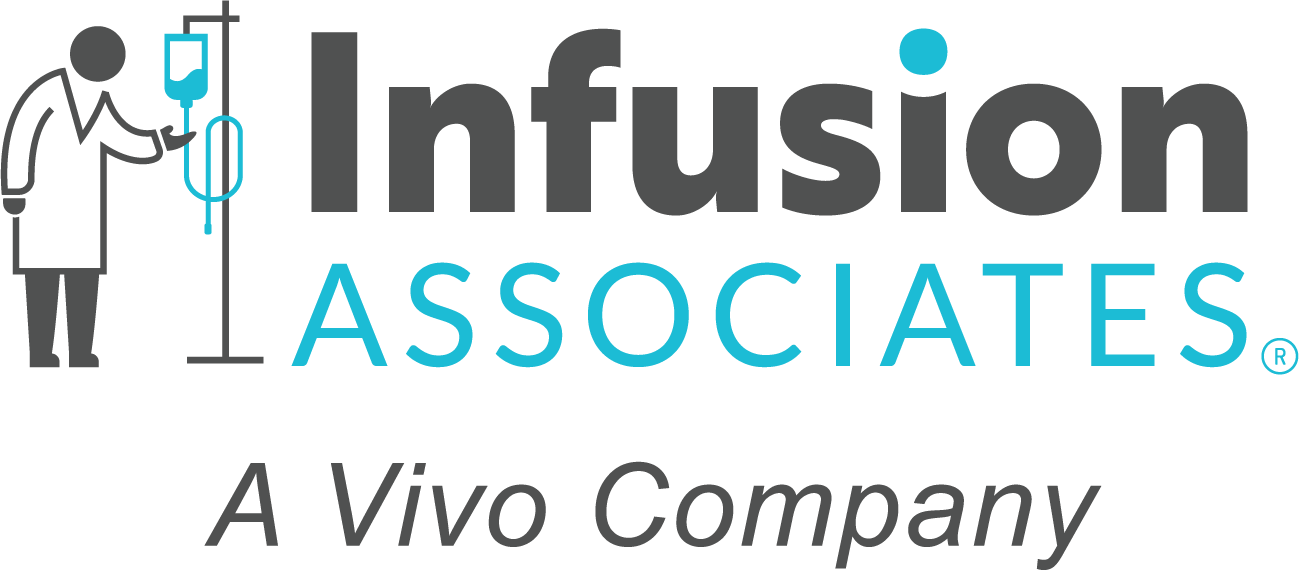Clostridium difficile, more commonly referred to as C. diff, is a type of bacteria that can cause serious infections and illness in the gastrointestinal system. Most frequently, the development of C. diff occurs after prolonged antibiotic treatment — especially among the elderly and those with weakened immune systems. In mild cases of C. diff, patients may only experience diarrhea for a few days and some abdominal cramping. In severe cases, however, these symptoms are more intense and can also include:
- Fever
- Abdominal swelling
- Increased heart rate
- Bloody stools
- Kidney failure
C. diff. can be a serious condition to overcome, but treatments like infusion therapy can help.
How Infusion Therapy Works for C. Diff. Infection
Antibiotic treatments work by destroying bacteria inside your body. While the intended result is always to target and eliminate the bacteria that caused the infection, a common secondary effect is the destruction of some healthy bacteria as well. Since healthy bacteria helps fight against infection, patients who receive antibiotic treatment are often at a higher infection risk while their body is recovering and replenishing after the treatment is complete.
While it may seem counterintuitive, the standard treatment for C. diff. is more antibiotics. In the absence of the healthy bacteria that may have prevented the infection, your body needs assistance to fight off the harmful C. diff. bacteria. These antibiotics — such as oral vancomycin or oral fidaxomicin — are suited to target the C. diff bacteria more directly, in order to prevent its spread and eliminate it from your system.
Vancomycin is perhaps the most common treatment for C. diff. infection and is currently the recommended first-line medication for severe cases. It is an antibiotic medication particularly suited for treating infections in the gastrointestinal system. When used for C diff, Vancomycin must be given by mouth and not by IV.
While there are several oral antibiotics available, IV infusion therapy may be the best option available for patients who are unable to take oral medication or for whom oral medication has proven ineffective.
Infusion Medications for C. Diff. Infection
Currently there are a few different infusion medications available to treat C. diff infections:
- Metronidazole is the second most common antibiotic treatment for C. diff and can be given orally for via IV infusion. It is useful as a first-line therapy for mild-to-moderate cases, but not generally prescribed for severe cases.
- Zinplava (Bezlotoxumab). Unlike vancomycin and metronidazole, Zinplava is not an antibiotic but rather a monoclonal (human-made) antibody. While Zinplava does not treat the infection itself, it binds to the C. diff. Toxin B in order to reduce recurrence of the infection. Alongside antibiotic treatment, Zinplava has proven to be an effective treatment option for patients with C. diff.
What to Expect
Infusion times will differ based on the medications prescribed and the needs of the individual. Typical infusions for patients with C. diff. will take at least one hour to complete. No matter how long you are in our care, however, our expert medical staff is there to ensure your treatment is as safe and effective as possible.
We also provide several amenities for your comfort, including free Wi-Fi, recliners, TVs, blankets, pillows, and much more. Prior to starting the infusions, one of our healthcare professionals will meet with you to discuss the details of your treatment, including dosage information, duration, and possible side effects. You can also take this time to address any questions and concerns you may have. If you would feel more comfortable with a loved one keeping you company, they are welcome to come with you.
Side Effects
Side Effects of Metronidazole
Common side effects include:
- Vomiting
- Nausea
- Diarrhea
- Cramps and upset stomach
- Headache
- Increased susceptibility to infection
Serious side effects can also occur, such as:
- Numbness, tingling, or pain in hands or feet
- Seizures
- Dizziness
- Confusion
- Difficulty speaking
Side Effects of Zinplava
Side effects of Zinplava commonly include:
- Headache
- Pain in back or chest
- Fatigue
- Nausea and vomiting
- Fever
- Chills
With any of the medications above, allergic reactions may occur. If you are experiencing a serious adverse reaction to these medications, seek emergency medical help immediately.
Tell your doctor if you experience any negative side effects. You are also encouraged to report such side effects to the Food and Drug Administration (FDA) by visiting www.fda.gov/medwatch, or by calling 1-800-FDA-1088.
If Your Doctor Has Recommended Infusion Therapy for C. Diff. Infection, Let Infusion Associates Help You
At Infusion Associates, we provide medically-prescribed infusion therapy in a welcoming and friendly environment. Our team of healthcare professionals is fully committed to making the experience as comfortable as possible for you or your patients. We always inform patients of any potential side effects and answer all their questions before starting treatment. In addition, we have a Registered Pharmacist on-site to make the process as seamless as possible.
If you would like to refer a patient to us or want to inquire about the treatments we offer, you can contact us by calling us at (616) 954-0600 or filling out this form.

